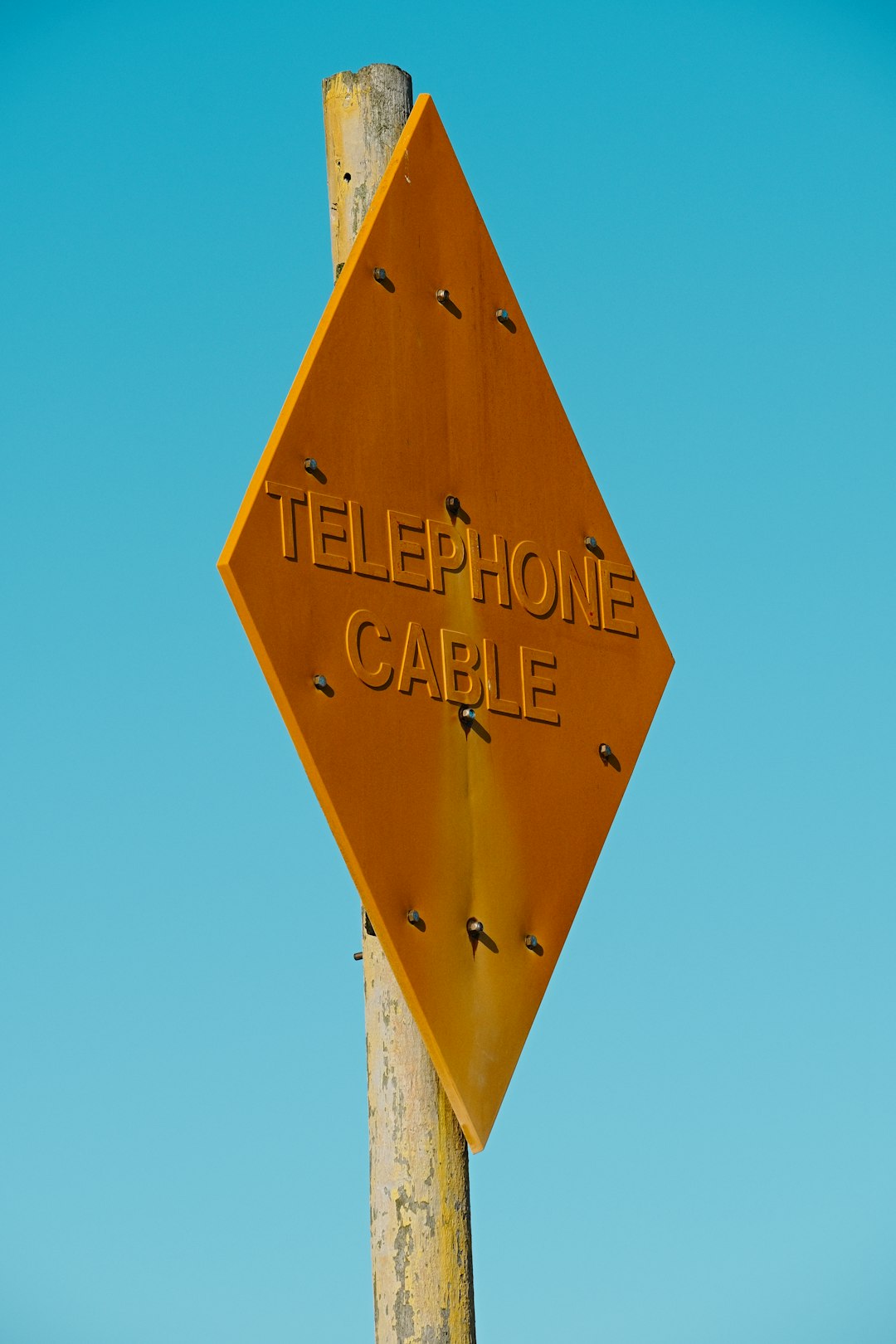Maine's No Call Law empowers residents to control telemarketing calls, prohibiting solicitors from contacting listed numbers for sales. This law covers various call types and includes non-profit organizations and political campaigns. Hancock County strictly governs telemarketing practices with a focus on consumer protection, obliging law firms to respect privacy choices and manage consent effectively to avoid legal issues and maintain legitimate marketing practices. Understanding these guidelines, especially regarding No Call law firms in Maine, is crucial for businesses' successful navigation of this sector.
“Explore Sedgwick’s comprehensive analysis of Maine’s stringent No Call Laws and their impact on Hancock County telemarketing practices. This article delves into the legal landscape surrounding local businesses, offering a detailed guide to navigating the rules set forth by the state. With an emphasis on understanding Maine’s ‘No Call’ regulations, we provide insights for firms aiming to comply with these restrictions. Discover how these laws shape communication strategies and ensure a harmonious balance between marketing efforts and consumer privacy.”
Understanding Maine's No Call Law: A Overview

Maine’s No Call Law, also known as the “Do Not Call” registry, is a significant piece of legislation designed to protect residents from unsolicited phone calls, particularly those related to telemarketing. This law is in place to ensure that citizens have control over their communication preferences and can enjoy peace of mind without unwanted sales calls. The law prohibits telemarketers from making telephone solicitations to individuals who are listed on the Do Not Call list.
The No Call Law covers a wide range of phone calls, including those from businesses, non-profit organizations, and political campaigns. It’s not just about avoiding cold calls; it extends to any call that uses automated dialing systems or pre-recorded messages. Maine residents can register their phone numbers online or by mail through the state’s dedicated website, ensuring their privacy and reducing the number of intrusive marketing calls they receive. This law empowers individuals to take control of their time and personal space, making it an essential consideration for No Call law firms in Maine.
Telemarketing Restrictions in Hancock County

In Hancock County, Maine, telemarketing restrictions are governed by state laws and local regulations, particularly focusing on consumer protection. The “No Call” list is a significant aspect of this, allowing residents to opt-out of unsolicited phone calls from various businesses, including law firms specializing in telemarketing. This initiative aims to reduce unwanted marketing calls, ensuring citizens have control over their communication preferences.
Under these rules, law firms operating in Maine must adhere to strict guidelines, respecting the privacy and choices of Hancock County residents. The regulations cover various aspects, such as call timing restrictions, do-not-call requests handling, and the use of automated dialing systems, all aimed at fostering a more peaceful and less intrusive communication environment for local citizens.
Navigating Legal Requirements for Local Businesses

In the realm of local business operations, understanding and adhering to legal requirements is paramount, especially in sectors like telemarketing where regulations can vary significantly from state to state. For Hancock County, Maine, businesses engaging in outbound calls must familiarize themselves with the state’s No Call law firms and related guidelines to avoid unnecessary legal complications. These rules are designed to protect residents from unsolicited phone marketing, ensuring a peaceful and uninterrupted home environment.
Navigating these legal requirements involves meticulous compliance with do-not-call lists, consent management, and record-keeping protocols. Maine’s approach to telemarketing regulations is particularly relevant for out-of-state firms targeting local audiences, as it underscores the importance of respecting individual privacy rights while fostering a business environment that encourages legitimate marketing efforts.






